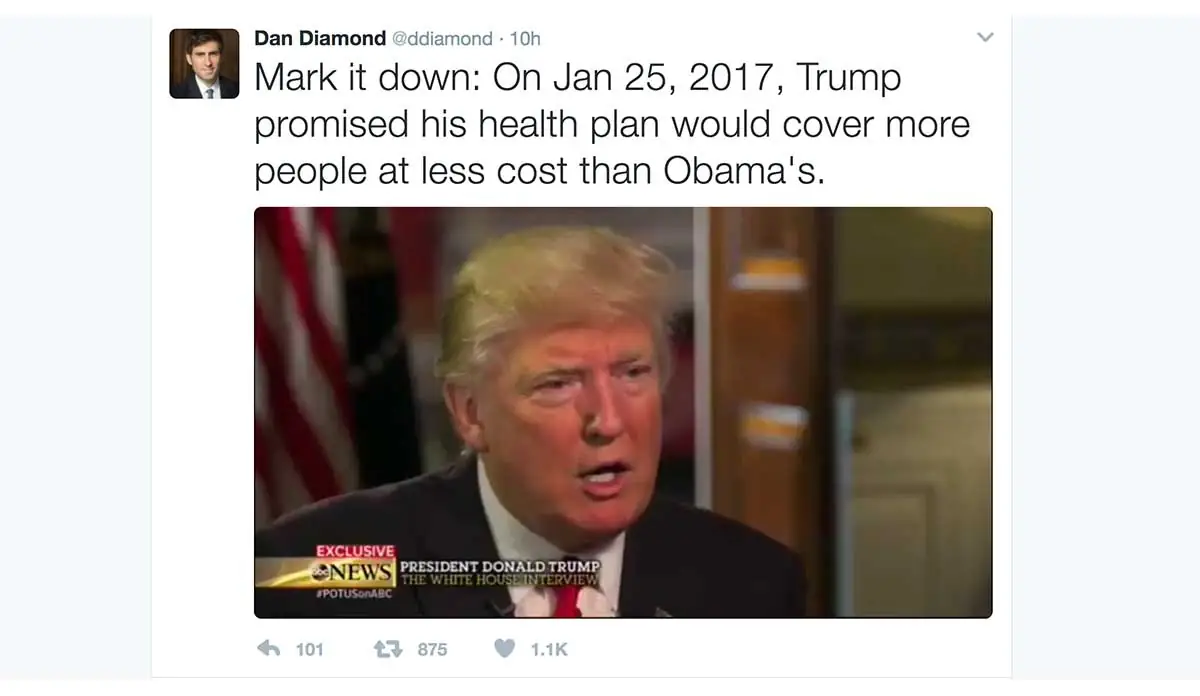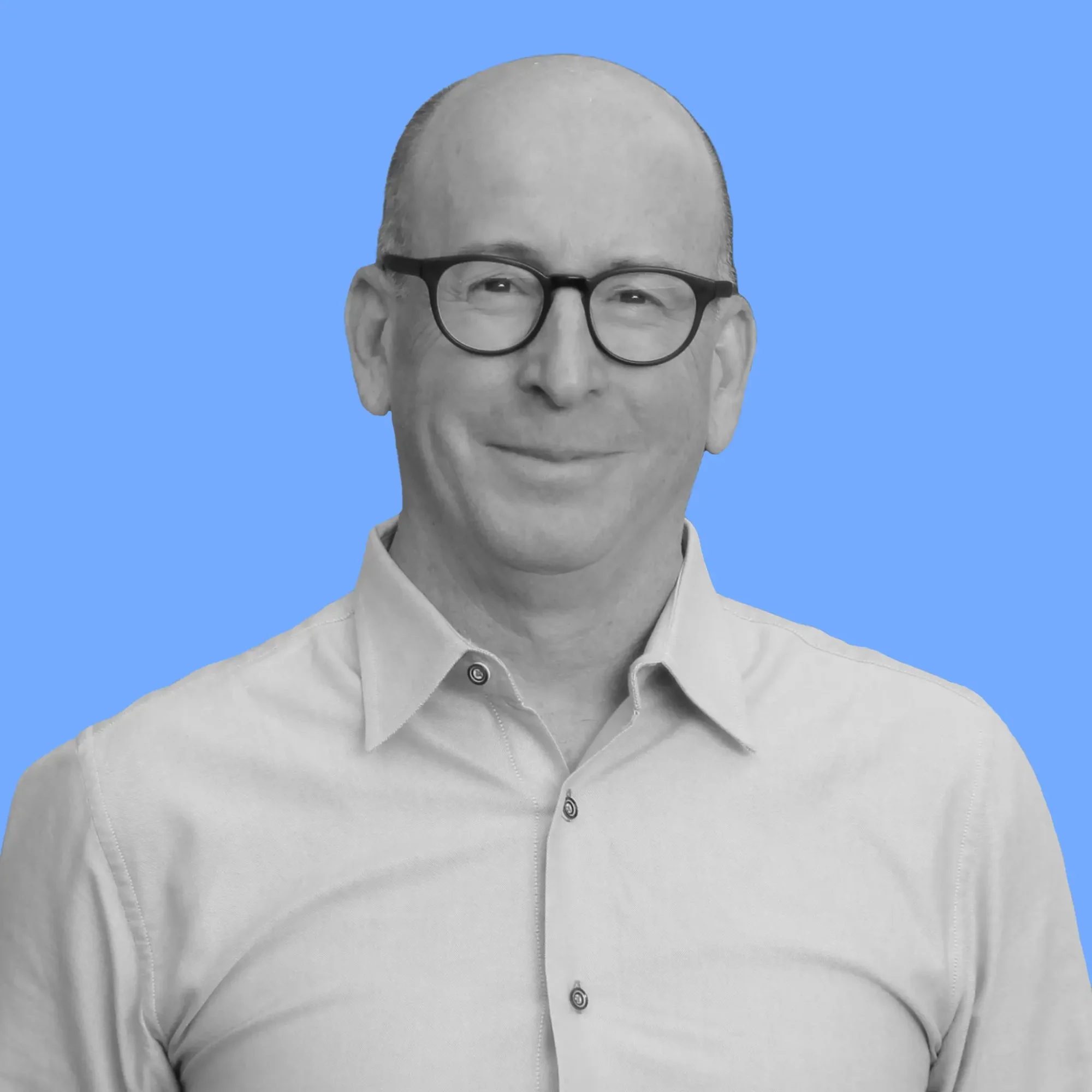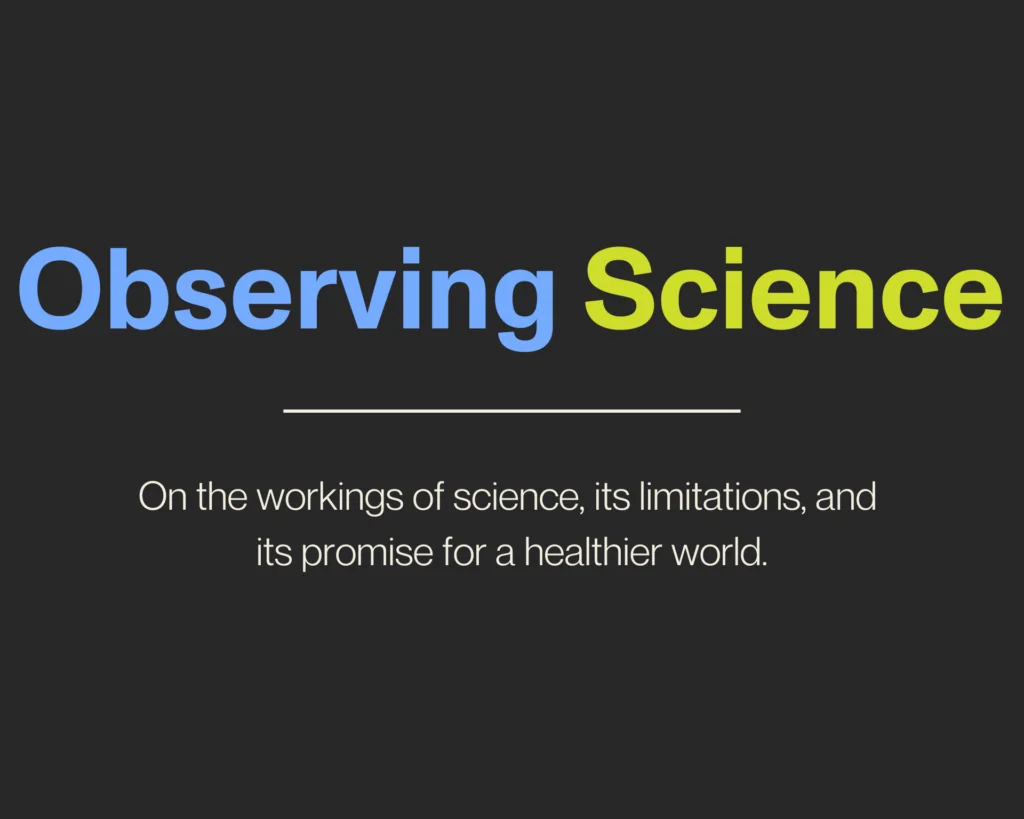Dan Diamond: Context and the Bigger Story
Our full interview with Dan Diamond of Politico: Michael caught up with Dan in between coming off the air on NPR and interviewing a Congressional leader.

Read Time: 5 minutes
Published:
Dan Diamond is the author of “POLITICO Pulse,” a morning briefing on health care politics and policy, and creator of PULSE CHECK, which features weekly conversations with influential people in health care. Before joining POLITICO, Diamond edited the Advisory Board Daily Briefing, served as the Advisory Board’s senior director of news and communications, and created and hosted the popular Weekly Briefing health care podcast. He also covered health care policy, business, and strategy for FORBES. His work has appeared at Vox, Kaiser Health News, and other publications. He was recently named a 2015-2016 fellow of the Association of Health Care Journalists.
Public Health Post is presenting a series of profiles of health policy journalists and the work that they do. Here, Michael Stein spoke with Dan Diamond, the author of POLITICO Pulse and creator of PULSE CHECK, a podcast that features weekly conversations with some of the most interesting and influential people in health care. Michael caught up with Dan in between coming off the air on NPR and interviewing a Congressional leader. Read part one of the interview here.
MDS: Why do you think – and you can disagree with my premise and set me straight – there’s so little journalistic work on public health? There’s interest in technology, brain science, genomics, precision medicine, you hear those words endlessly, but those things that public health researchers believe drive the great costs of the system, like social determinants of health, are rarely taken up.
DD: There’s a lot of truth to public health issues being overlooked. I would probably, off the top of my head, pull off three reasons for that. It’s hard to get people focused on lives that were saved. It’s a lot easier to focus on the actual bad thing that happened. When something good happens, it’s harder to tell that story. Secondly, the political energy is not around public health right now, it’s around the big macro question about the survival of Obamacare. Lastly, and this gets to you and your students, we need more good storytellers. There are infinite stories to tell in health care, there are not enough people out there telling them. That’s where students can play a role.
MDS: What’s your view about reporting on Trump’s tweets? Is such reporting really the future of our news?
DD: We’ve gone back and forth on how to report on tweets, how much to do it. Our editor has said, ‘This is news.’ These are presidential proclamations in a sense. But you can’t just report on the tweets. You’ve got to provide context and talk about the bigger story. If Trump was saying, ‘Universal coverage for everybody,’ which he didn’t say in a tweet but he said in the a Washington Post interview – it might as well have been a tweet because there was really very little link to reality there – if you’re going to cover that, you can’t do it credulously and spread it on the cover of a major newspaper like the Washington Post did. You’ve got to say: This is what he said and this is what’s actually going to happen, or this is why it matters and he’s right on this, but he’s wrong on these other things. So I don’t think we can ignore what the President says, especially given that millions of people are following him and sharing, but it’s on journalists to debunk or at a minimum put in context when possible.
I think becoming a health policy journalist is one of the coolest jobs in this policy and political moment. Health care is a huge and fascinating part of the economy.
MDS: Is there an article you’re most proud of writing in the past year?
DD: One is how Obamacare was the secret jobs program in many ways for the administration. When the law was being drawn up all those years ago, there were debates in the White House. Do we make this harder on the health care industry and as a result maybe kill some jobs at this time of economic recovery, or do we take it easier on the health care industry because every other industry is losing jobs while health care is the only one growing. Do we want to mess with that?
MDS: As you look out, are there certain stories or topics that you wish you were working on but don’t have time to take up right now?
DD: I’m very curious how some of the Silicon Valley advances are actually playing. There’s a lot of pessimism about Silicon Valley and their role in health care and I think it’s deserved. If you think about where we are going in 2-3 years it’s not Apple, it’s what is the government going to do. If you’re thinking about 20 years on, the idea of wearables and their impact is still really interesting to me.
MDS: What do you tell a person who’s thinking about becoming a health policy journalist? What’s the sell these days?
DD: I think becoming a health policy journalist is one of the coolest jobs in this policy and political moment. Health care is a huge and fascinating part of the economy. You can attack it from multiple ways, writing about health care business, writing about health care and the intersection with public health, or health care and congress. To me this is the most interesting beat that any journalist can have. I love my job. I absolutely love it.
Feature Image: Dan Diamond Twitter, @ddiamond, 10:04 PM – 25 January 2017



